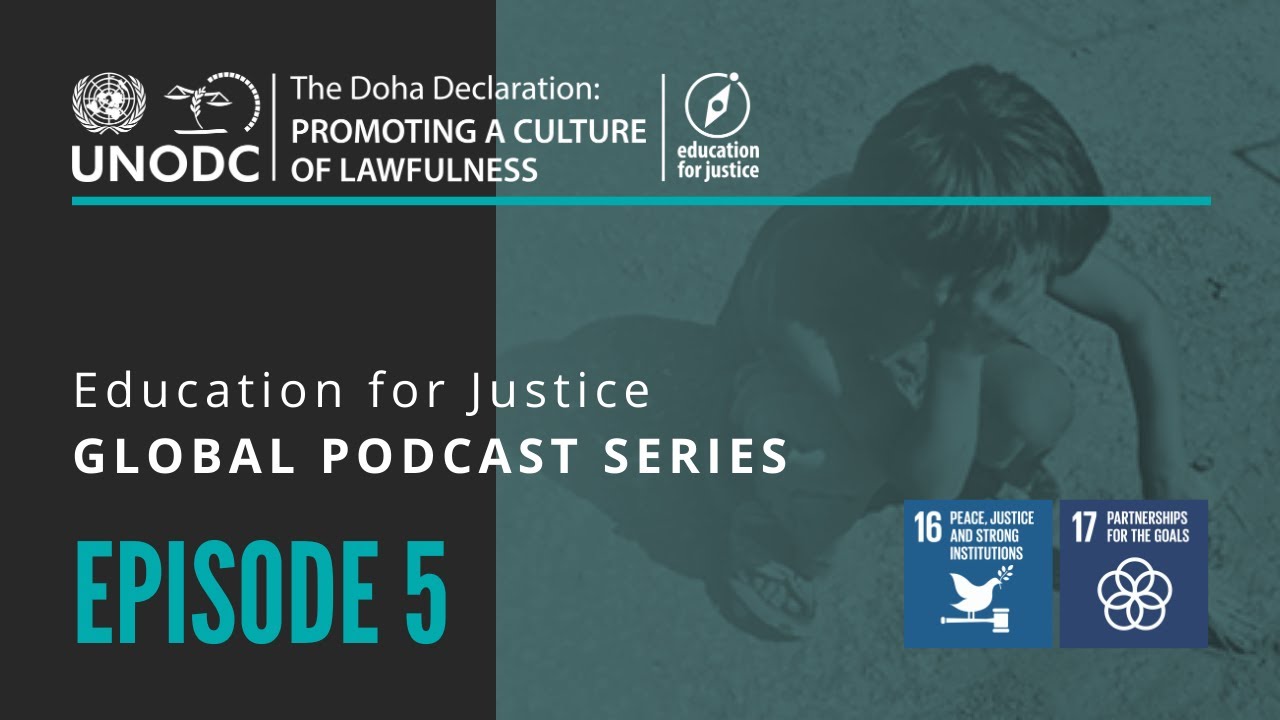
NGOCSTIP – UNODC’s Impact on Human Trafficking is widely acknowledged through its research and extensive data. The United Nations Office on Drugs and Crime (UNODC) plays a critical role in the global fight against human trafficking. Through its detailed reports, facts, and data, the organization provides invaluable resources to understand and combat trafficking at a global level. These reports not only highlight the scale of the issue but also provide valuable insights into effective prevention, intervention strategies, and legislative measures. This article explores UNODC’s major contributions in addressing human trafficking.
UNODC produces comprehensive reports to assess the state of human trafficking worldwide. These reports gather data from countries all over the globe. One of their most important publications is the “Global Report on Trafficking in Persons,” which highlights the global scope of human trafficking. The report also details how traffickers operate, who the victims are, and the various forms of trafficking.
This document serves as a key resource for governments, policymakers, and organizations dedicated to combatting trafficking. By using data provided by UNODC, stakeholders can identify trends and adapt their strategies to more effectively address human trafficking. The report offers both qualitative and quantitative analysis, making it a vital resource for anyone involved in anti-trafficking work.
Another important document is the “UNODC’s World Drug Report,” which indirectly touches on human trafficking, particularly related to drug trafficking and organized crime. Trafficking in persons often overlaps with drug trafficking, as criminal organizations frequently exploit vulnerable individuals for labor and sexual exploitation. By understanding these connections, authorities can better combat both issues simultaneously.
“Read about: How Global Collaboration Can End Human Trafficking”
The data gathered by UNODC offers essential insights into the scope of human trafficking worldwide. According to recent reports, millions of men, women, and children are trafficked globally each year. The vast majority of trafficking victims are women and children, often exploited for sexual purposes, while others are forced into labor, domestic servitude, or slavery-like conditions.
One shocking statistic from UNODC’s report is that approximately 70% of trafficking victims are women and girls. This data highlights the disproportionate impact of trafficking on women, which remains a significant global concern. The data also provides a breakdown of regions and countries most affected by human trafficking. Southeast Asia, Africa, and parts of Europe are among the hardest-hit regions, where organized trafficking networks operate with ease.
UNODC’s reports show that trafficking victims are often recruited through deception, coercion, or force. Many individuals are promised jobs or better living conditions, only to find themselves trapped in situations of exploitation. Understanding these tactics is critical to developing prevention strategies that can reduce recruitment by traffickers.
UNODC not only provides reports and data but also works actively on the ground to fight trafficking. The organization helps build capacities in countries to improve their legal and institutional frameworks. UNODC provides technical assistance and expertise to help countries strengthen their anti-trafficking laws and improve victim support systems.
Through its “Global Programme against Trafficking in Persons,” UNODC works with governments, NGOs, and international organizations to create coordinated efforts in fighting trafficking. This program promotes international collaboration and the exchange of best practices in prevention, victim protection, and the prosecution of traffickers.
Additionally, UNODC raises awareness about human trafficking through global campaigns, media partnerships, and educational programs. These efforts aim to inform the public about the dangers of trafficking and how to prevent it. By building a global network of professionals and activists, UNODC helps create an environment where trafficking is less likely to flourish.
International cooperation is a key part of UNODC’s work. Traffickers often operate across borders, making it essential for countries to work together. UNODC facilitates data-sharing between governments to help track trafficking networks and coordinate international responses. Through programs like the “UNODC Global Initiative to Fight Human Trafficking,” countries can share intelligence and coordinate efforts more effectively.
Data sharing helps authorities detect trafficking patterns and identify key players in trafficking operations. By using this data, countries can launch joint operations to disrupt trafficking networks. This cooperation is essential for breaking down the barriers that traffickers use to evade detection.
“Read more: The Impact of Head Trauma on Children’s Health: What Parents Should Know”
Despite the progress made by UNODC, challenges remain in the fight against human trafficking. One major issue is the lack of comprehensive data in certain regions. While some countries have strong reporting systems, others struggle to collect and share data on trafficking. This leaves gaps in understanding the true scope of the problem.
UNODC continues to push for improved data collection, better reporting mechanisms, and more coordinated international efforts. As the world becomes more interconnected, trafficking networks are becoming more sophisticated, requiring constant adaptation from both UNODC and national governments. Moving forward, UNODC aims to refine its strategies to tackle emerging trends, such as online exploitation and the increasing use of technology by traffickers.
UNODC’s efforts in addressing human trafficking through data collection, reporting, and international cooperation are crucial in the global fight against this crime. Their comprehensive reports provide critical insights into trafficking trends, while their programs and partnerships offer solutions and strategies for prevention. The work of UNODC continues to have a profound impact on reducing human trafficking and protecting vulnerable populations around the world.